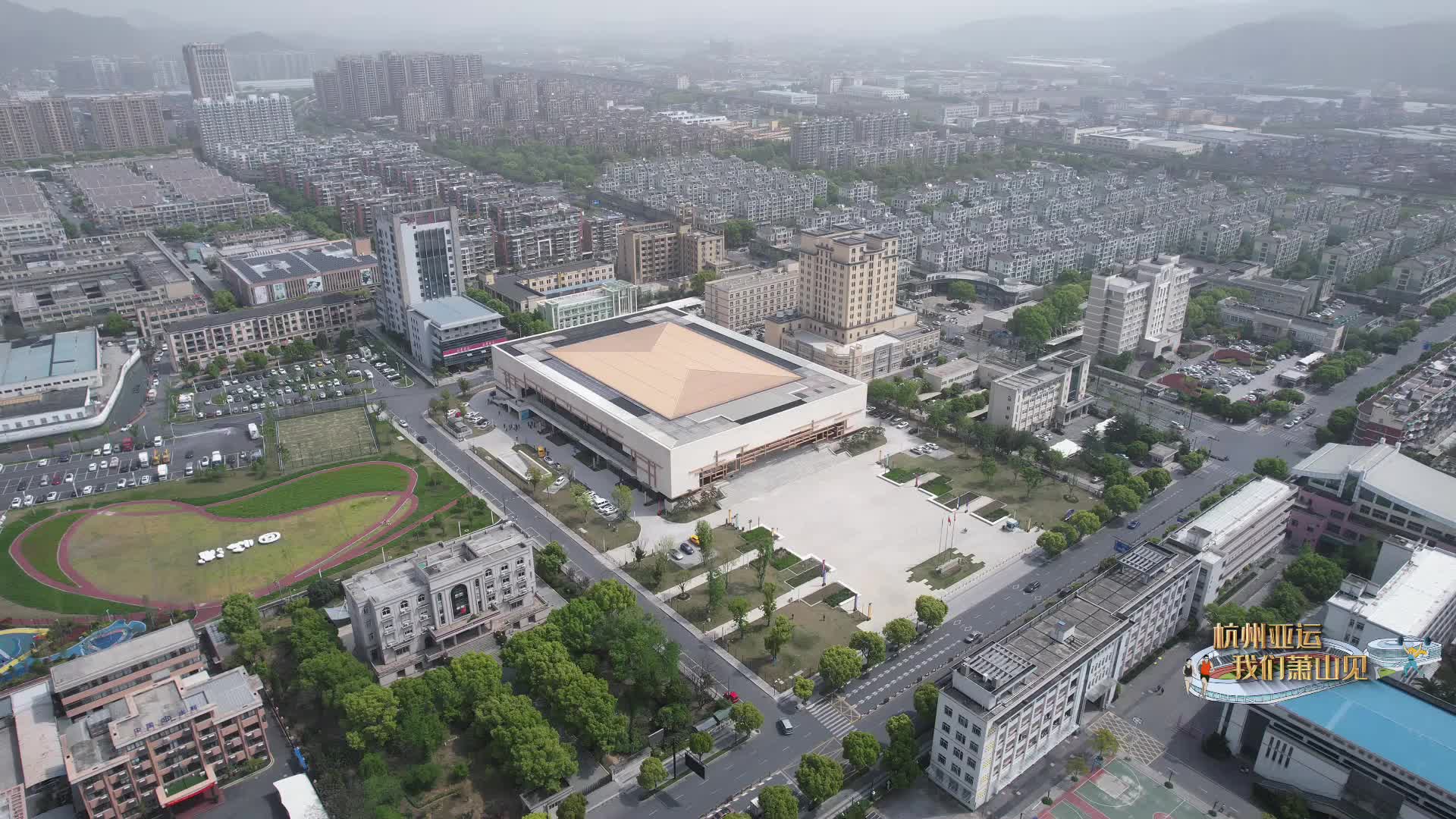Green finance turns thin air into money
'Loan QR code'
The guideline also promised to improve financial services for micro, small and medium-sized enterprises by facilitating financing and supplying more credit to small businesses. A specific means called for is the promotion of the "loan QR (Quick Response) code".
First introduced in Hangzhou, Zhejiang's capital, in March last year, the "loan QR code" mainly caters to small businesses, including privately and individually owned businesses. Owners of these businesses only need to scan a code and fill in a few personal particulars before the system automatically matches the information with their business registration and processes their loan applications.
It takes no more than five days-and sometimes as little as one-for applicants to get their loans. Figures show that since the launch of the "loan QR code", over 240,000 entities in the province have obtained 538.2 billion yuan in loans through it, which helped alleviate financing difficulties usually faced by mom- and-pop businesses.
A notice issued by authorities in Zhejiang in late March stated that the province intends to offer an additional 100 billion yuan in loans for small and micro businesses and 60 billion yuan for individual businesses this year.
Zhejiang's private sector is among China's most vibrant. According to the Provincial Bureau of Statistics, nearly 96 percent of its market entities deal with small, micro and individual businesses. About one out of eight people in Zhejiang owns a business.
This is a good example of allocating financial resources more effectively, argued Pan Helin, co-director of the Digital Economy and Financial Innovation Research Center at Zhejiang University's International Business School. "Empowering micro, small and medium-sized enterprises and Zhejiang's rural areas through financial support will help further develop economic clusters, through which we can achieve common prosperity," Pan said in an interview with China City News, which is part of People's Daily.
Further popularization of the "loan QR code" is expected to unleash more economic activity in the population, which will be greatly helped by the province's ongoing digital reforms, a series of efforts to integrate digital means and applications into everyday life and economic development.
As the financial services industry-banking, in particular-continues to push for digital technology innovation, it will be able to offer more targeted services to the public and to micro, small and medium-sized enterprises, said Chen of Renmin University.
In Huzhou, which Anji is part of, work is currently underway to set up an integrated digital application platform for its ecological resources, according to local authorities.
Potential investors could easily find more such resources as carbon-absorbing bamboo groves through the platform, where they are managed, traded, regulated and eventually turned into assets with development value. Perhaps it won't be long before another popular QR code appears in the industry.
-
Foreign teacher, Hangzhou students capture picturesque countryside
August 9, 2023
-
Hangzhou Asian Games launch 50-day-to-go campaign
August 4, 2023
-
Hangzhou achieves 6.9% GDP growth in H1 2023
July 27, 2023



